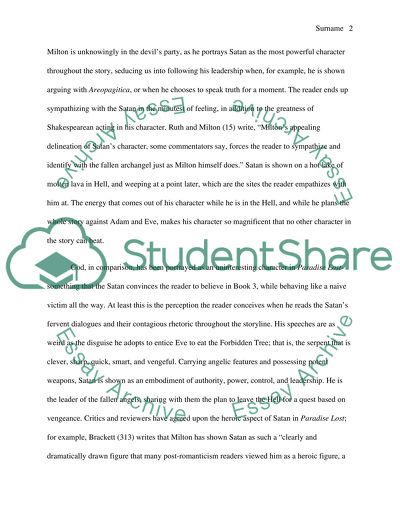Cite this document
(“Comparing John Milton's character Satan in Paradise Lost to Dante's Research Paper”, n.d.)
Retrieved from https://studentshare.org/english/1476972-comparing-john-milton-s-character-satan-in
Retrieved from https://studentshare.org/english/1476972-comparing-john-milton-s-character-satan-in
(Comparing John Milton's Character Satan in Paradise Lost to Dante'S Research Paper)
https://studentshare.org/english/1476972-comparing-john-milton-s-character-satan-in.
https://studentshare.org/english/1476972-comparing-john-milton-s-character-satan-in.
“Comparing John Milton's Character Satan in Paradise Lost to Dante'S Research Paper”, n.d. https://studentshare.org/english/1476972-comparing-john-milton-s-character-satan-in.


